Let me tell you something about Millwall Football Club. If you think this is just another story about a football team, you’re already lost.
Millwall is not merely a club; it’s a crucible of defiance, a flag planted in the heart of South London’s untamed soul. It is an institution built on sweat and snarls, where the roar of the crowd feels less like support and more like a challenge to the gods.
And at the center of it all are the fans—the infamous Lions’ den—a congregation as feared as they are fiercely loyal.
The Myth and the Madness
There’s no separating Millwall from the mythology that has clung to it for decades, like the acrid smoke from a flare. “No one likes us, we don’t care” is the rallying cry, screamed with a defiance that borders on manic pride.
This is not a platitude; it’s a mantra. Millwall fans wear their infamy like a second skin, leaning into their reputation as if daring the world to blink first.
To understand them, you must understand the environment that spawned them: the Docklands of East London, where hardship wasn’t a visitor but a permanent resident.
This was a place where men worked with their hands and fought with them too. When football came along, it wasn’t a pastime; it was an extension of survival.
Millwall’s hooligan element—the so-called Bushwackers—wasn’t born in a vacuum. It emerged in the 1970s and 80s, a turbulent era for football and Britain alike. Thatcher’s Britain was a powder keg, and football terraces were its sparking wire.
Violence was endemic across English football, but at Millwall, it seemed to become part of the DNA. Tales of pitched battles with rival firms, of shattered bottles and flying fists, became synonymous with the club.
By the time the media got hold of it, Millwall wasn’t just a football team; it was a cultural boogeyman.
The “Nobody Likes Us” Mentality
If you want to understand Millwall fans, you need to grasp their siege mentality. It’s us versus them, with ‘them’ encompassing just about everyone who isn’t wearing blue and white.
This mindset is rooted as much in the realities of working-class London as it is in football. For decades, the area surrounding Millwall was a cauldron of economic struggle, a place where loyalty—to family, to friends, to the badge—wasn’t just a virtue but a necessity.
Millwall’s unofficial anthem, “No one likes us, we don’t care,” encapsulates this ethos perfectly. It’s not just a song; it’s a declaration of identity.
To wear the Millwall crest is to embrace the disdain of others, to revel in the hostility that greets you at away grounds.
This defiance has created a bond among the fans that borders on the tribal. For better or worse, Millwall supporters do not back down, whether from rival fans, the media, or the authorities.
The Darker Side
It would be dishonest to write about Millwall’s fan culture without addressing its darker elements. The club’s association with hooliganism and violence isn’t just tabloid sensationalism; it’s rooted in decades of incidents that have left an indelible mark on its reputation.
The infamous 1985 Luton riot, where Millwall fans clashed with police and rival supporters in scenes of chaos, is etched into the annals of football infamy. The fallout was severe, with calls to ban Millwall from the league altogether.
Racism, too, has stained the terraces. Though the club and its fan base have made significant strides in combating discrimination, moments of shame linger like ghosts.
Incidents of racist abuse, aimed at both opposition players and their own, have tarnished the name of a club that, ironically, has often fielded diverse squads.
But to paint Millwall fans as one-dimensional villains is to miss the complexity of the picture. Yes, there’s a history of violence, but there’s also a fierce loyalty and a raw humanity.
These are people who rally behind their own, who raise funds for community causes, who will defend a stranger in Millwall colors simply because they’re part of the same tribe. It’s ugly and beautiful in equal measure.
The Den: Fortress and Altar
Millwall’s home ground, The Den, is more than just a stadium. It’s a fortress, a place where the atmosphere is as thick as the smog that once blanketed London.
To step into The Den is to enter a world that feels removed from the sanitization of modern football. This isn’t a place for prawn sandwiches and corporate boxes; it’s a cauldron of noise, a place where the jeers of the crowd can rattle even the steeliest of players.
Opposition players and fans alike speak of the unique hostility of The Den. It’s not just the noise; it’s the intensity.
The fans don’t just watch the game; they inhabit it, living and dying with every pass, every tackle, every goal. When The Den is in full voice, it’s less a football ground and more a coliseum.
The Modern Millwall
Millwall in the 21st century is a club caught between its past and its future. The days of full-scale terrace riots are largely behind them, but the reputation lingers, a shadow that stretches over even their most positive achievements.
The club has worked hard to distance itself from its violent image, implementing community outreach programs and taking a firm stance against racism and discrimination.
And yet, the essence of Millwall—the defiance, the grit, the sense of “us against the world”—remains unchanged. For better or worse, Millwall will always be Millwall. They’re not here to make friends, and they’re certainly not here to apologize.
In an age where football is increasingly polished and commercialized, there’s something almost admirable about their refusal to conform.
Legacy of the Lions
To understand Millwall is to understand a contradiction. It’s a club of beauty and brutality, of community and conflict. It’s a place where loyalty is everything, where the bonds between fans are forged in the fires of shared struggle.
They are the villains in everyone else’s story, and they revel in the role. But they are also fathers, sons, daughters, and mothers, united by a love for a club that embodies their own defiant spirit.
In the end, Millwall is more than its reputation. It’s a microcosm of London itself: messy, maddening, but utterly unforgettable.
Love them or hate them, Millwall and their fans are as much a part of football’s tapestry as the game itself. And as the chant goes, no one likes them—and they wouldn’t have it any other way.


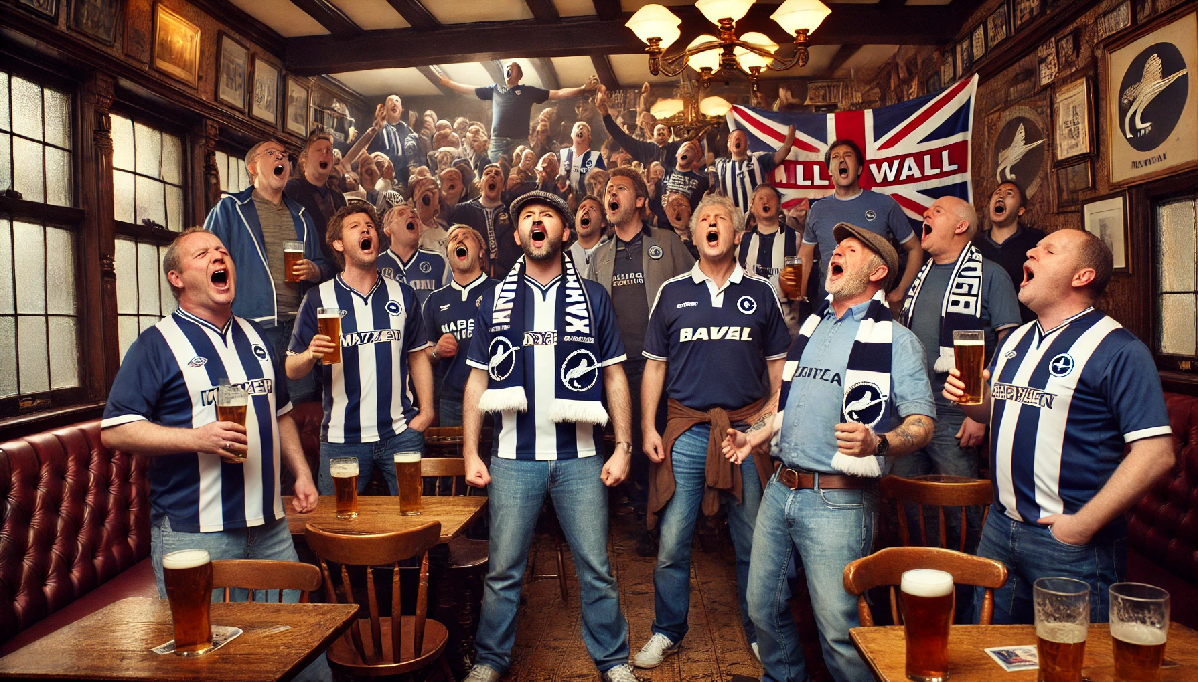



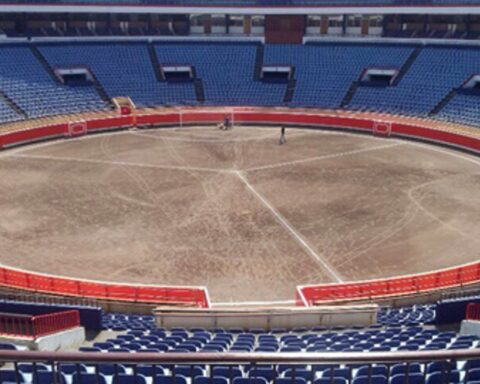
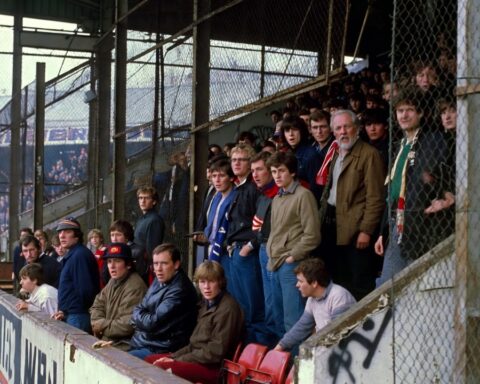
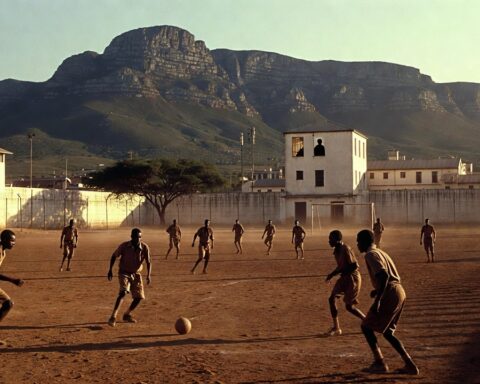
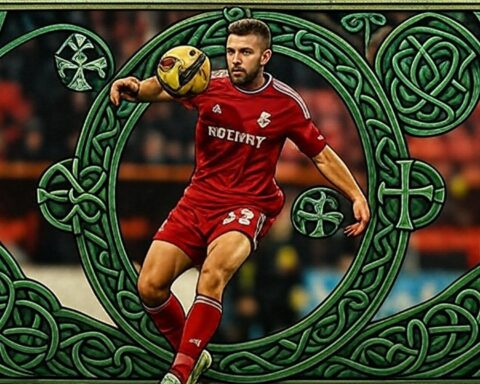

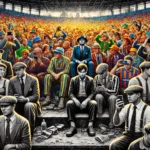

Follow Me